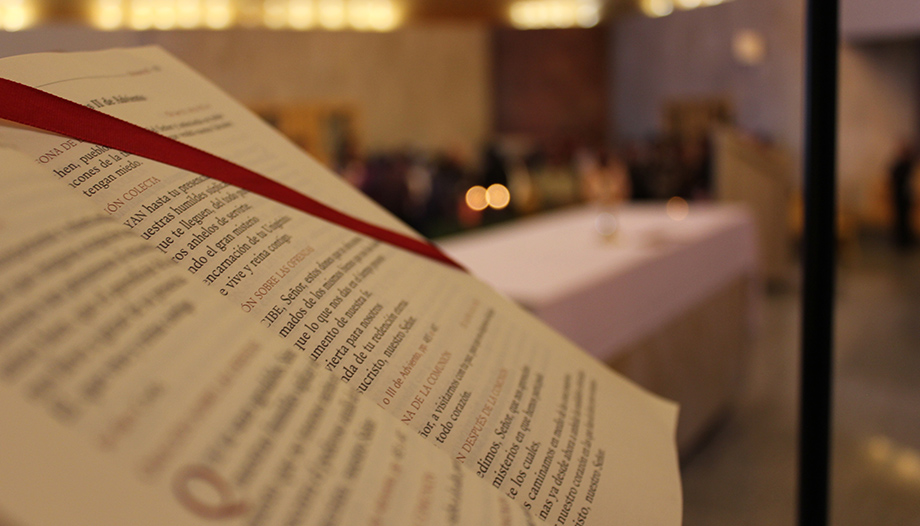"As the Father has sent me, even so I send you.". This is the beautiful message of the Gospel of today's Mass, a day also called Divine Mercy Sunday. The sending of the apostles, the preaching of the Church, and the sending of Christ to us too, are part of God's merciful plan so that his saving message may reach all peoples and all times.
Jesus Christ sends you and me to proclaim his good news of salvation in our particular place: our town, our city. Someone brought the good news to us; now we are commissioned to bring it to others. It is not based on our abilities or our power, but on the power of the Holy Spirit. And so we read: "When he had said this, he breathed on them and said to them, 'Receive the Holy Spirit'.". It is the gift of the Spirit, and not our own gifts, that enables us to evangelize. And an important part of this good news is the forgiveness of sins: "...".Whose sins ye forgive, they are forgiven; whose sins ye retain, they are retained".
A key aspect of mercy is the forgiveness of sins, which comes to us primarily in the sacrament of Confession. We are instruments of mercy when we bring people to confession. But we can also be instruments of mercy in other ways: for example, when we reconcile people. I once heard of a dying lady who said to an acquaintance of hers, a woman who had had a bitter quarrel with another woman: "Isn't it time you reconciled with her?". He used his last breath to try to reconcile others. How much we need to pray for more forgiveness in the world. All the wars we witness these days are precisely expressions of a lack of forgiveness and only make forgiveness more difficult.
But we have received the breath of the Spirit, which is more powerful than the foul breath of Satan. We have the power to be merciful and peacemakers as Christ calls us to be (Mt 5:7,9). We could bring the peace of Christ if only we had faith. Today's Gospel also shows us Thomas' lack of faith. He needed healing. Sometimes we fail to share God's mercy with others because we ourselves do not believe in it enough. In practice, we consider Christ more dead than alive. Then we need to touch Jesus, to come into contact with him, in Scripture, in the Eucharist, in the poor, so that he transforms our lack of faith into deep belief. "Do not be unbelievers, but believers"Jesus tells us. And we can answer with Thomas: "My Lord and my God!".
The homily on the readings of Sunday II of Easter (B)
The priest Luis Herrera Campo offers its nanomiliaA short one-minute reflection for these Sunday readings.








